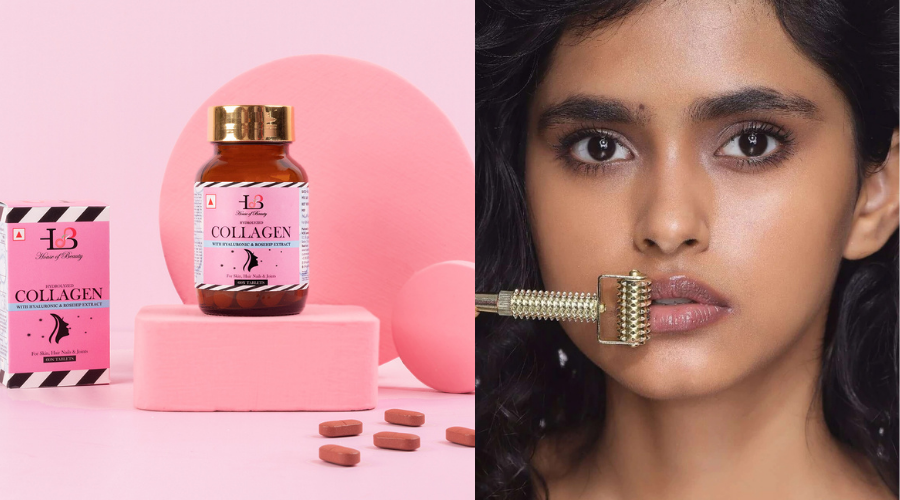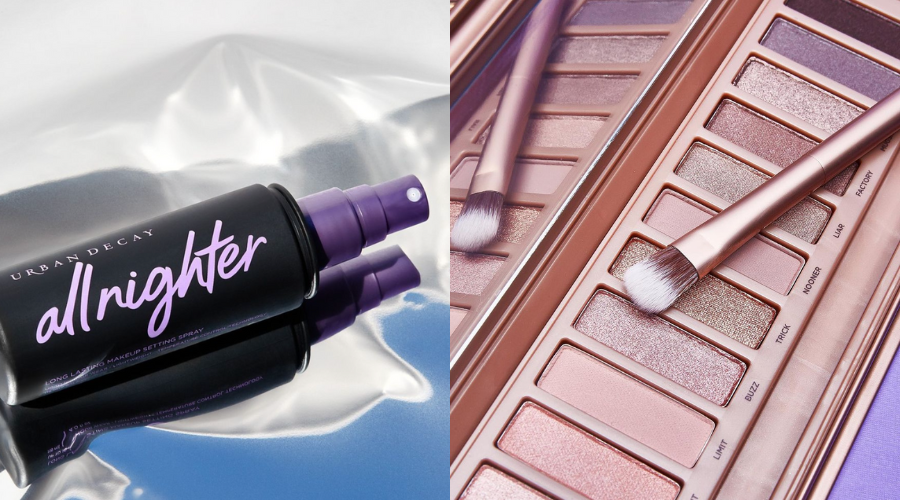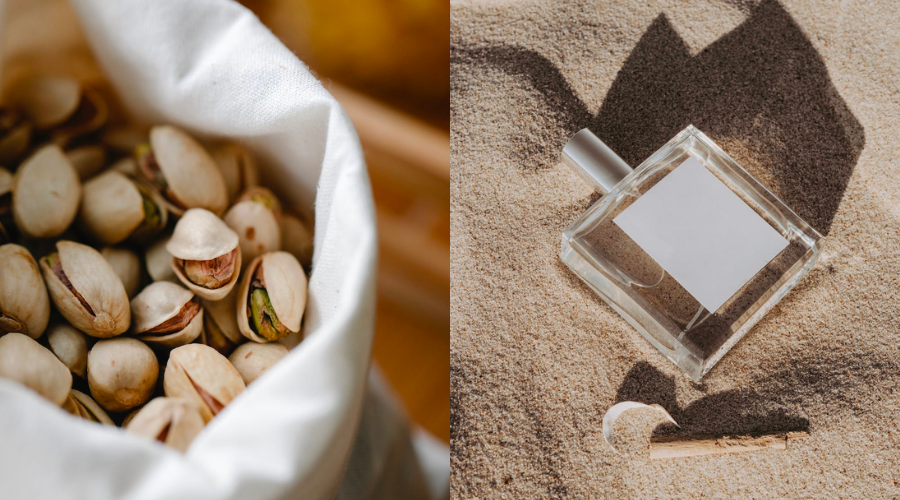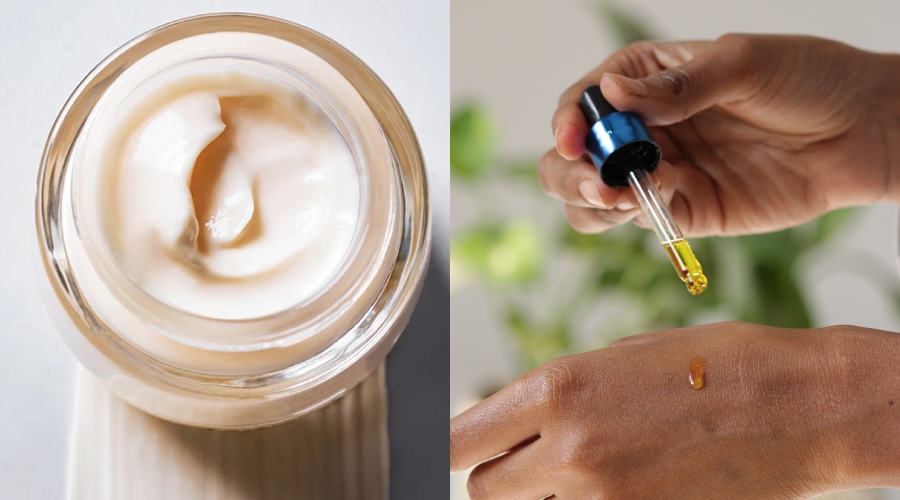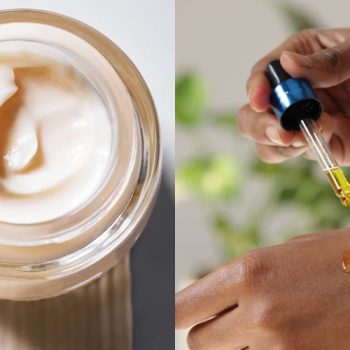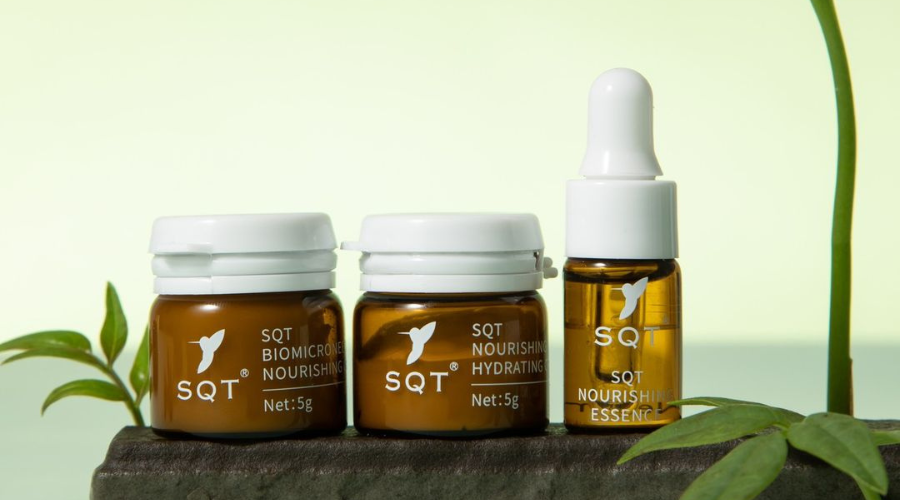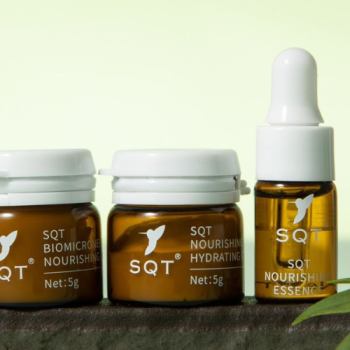Dark circles are not superficial and exist on the skin surface but go down to the bone and are caused by various underlying factors. “Dark circles are one of the most common conditions in Indian skin, whether man or woman. However, Indian women are more prone to them than other races,” reveals Dr Chytra Anand, Celebrity Cosmetic Dermatologist and founder of Kosmoderma Clinics & SkinQ. Dermatologists classify dark circles as –
1. Structural: occurs when the cheekbones are flatter, resulting in no support for the skin on the surface. The skin sinks in to cause an appearance of a hollow eye.
2. Pigmented: occurs when a brownish pigment deposits under the eye or even on the upper lid area.
3. Vascular: occurs when the purplish hue associated with eczema and asthma, allergy and sinus etc. appears around the eye area.
4. Mixed: occurs with a combination of one or more of the above.
To narrow it down further, you can also classify them as physiological and pathological. Dr Soma Sarkar, Celebrity Cosmetic Dermatologist and founder of Dr Soma’s Aesthetic Clinic, says, “Physiological causes include lifestyle habits like being a late-night sleeper, a smoker, or suffering over-exposure to blue screen.” It also includes your physiological genetic structure that contributes to the dark circles. She further explains that pathological causes include allergies, asthma or even obesity leading to the darkening of the under-eye region.
Why Is Indian Skin More Prone To Dark Circles?
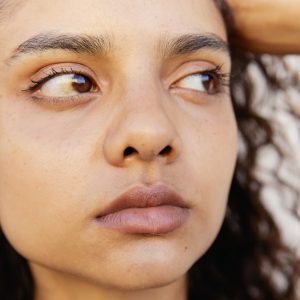
Dark circles in Indian skin can be attributed to structural and pigmentation causes. Our bones tend to be flatter. The flatness offers less support to the tissue or the fat, muscles, and skin ligament that sit on the top of that bone. Also, bone resorption of Asian patients is much faster in the periorbital area. The bone structure deteriorates faster, because of which the eyes are sunken, and it gives an illusion of hollowness and under-eye dark circles. In addition to this, Indian skin has more pigment or melanin; constant abrasions and regular sun exposure lead to hyperpigmentation in the eye area.
Expert Recommendations To Manage Dark Circles
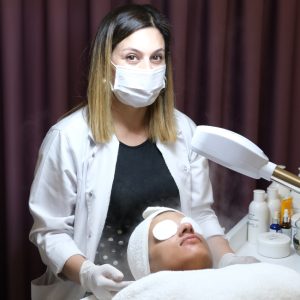
Dr Chytra explains, “Realistic solutions for dark circles completely depend on the type. The structural kind can be improved with hyaluronic acid fillers placed expertly by a trained cosmetic dermatologist. They help remove that hollowness and lift up the skin for an immediate improvement.” Other procedures that can help manage dark circles are micro-needling, dermarollers, RF (radiofrequency) devices to tighten up the area around the eyes, or HIFU (high-intensity focused ultrasound) devices to take care of the skin quality, texture and elasticity. Botulinum toxins (Botox) are also used to relax muscles around the eyes, which can also relax the muscles around the eyes and open them up to improve the appearance of dark circles.
For pigmentation based dark circles, a combination of in-clinic treatments and at-home skincare rituals will do the deed. Dr Soma recommends, “Chemical exfoliation with peels like lactic acid, arginine, retinol, and Q-Switched lasers can be used.” She further elaborates that a skincare routine that includes sunscreen, a good moisturiser, a night under-eye cream with mild retinol, vitamin E and K will help maintain the results. Other lightening agents that can show results are emblica, kojic acid, and malic acid. Dr Chytra recommends getting allergies under control for dark circles of the vascular kind. Ceramides and hyaluronic acid-infused products can keep the skin in the area calmer. Even caffeine helps with vascular dark circles, along with tranexamic acid.
Can Dark Circles Be Permanently Eliminated

Under-eye dark circles cannot be eliminated completely; we said it! Underlying factors like bone, muscle, fat patch changes to skin altering to melanin deposition are a part of biological ageing and cannot be stopped. But overlying tissues can be taken care of with the help of procedures in the doctor’s office. So, one has to understand the limitations of this treatment and then be sure of the treatment and maintain a proper home care routine. Dr Soma says, “Your skin changes every four weeks, hair changes every three months, so it is very unrealistic to say permanent, but you can definitely have long-standing results with the right kind of skincare regimen and maintenance protocols.”
Dr Chytra Anand suggests using the SkinQ Daily Glow Cleanser, SkinQ Sunblock and SkinQ Moisture Balm to observe general maintenance around dark circles. “In terms of topical care, sunscreen and then a pigment lightening agent like the SkinQ Glow Elixir Serum and definitely a ceramide and a hyaluronic acid-based moisture to nourish the eye around the skin would be a good regimen to use as home care,” Dr Chytra further added.
Photos: Pexels

